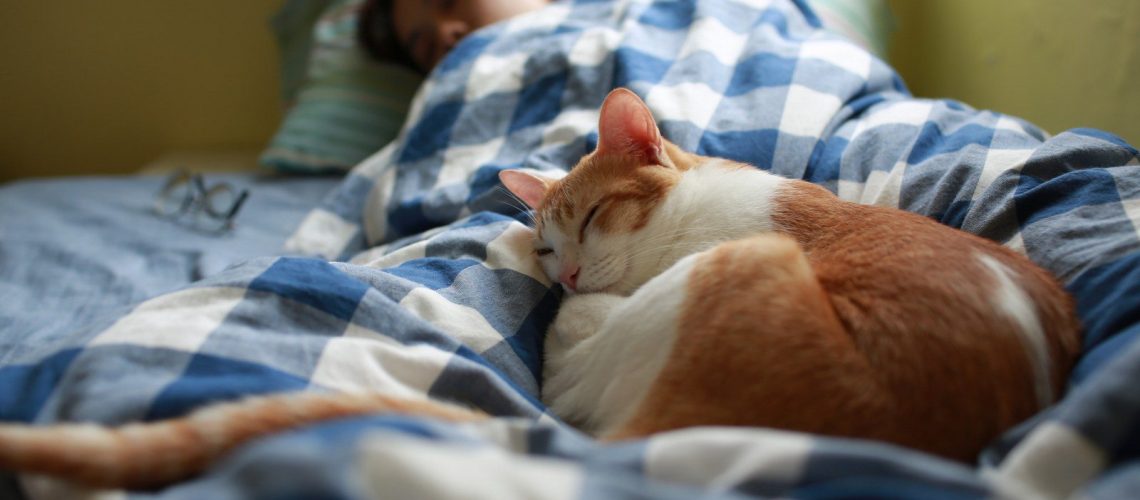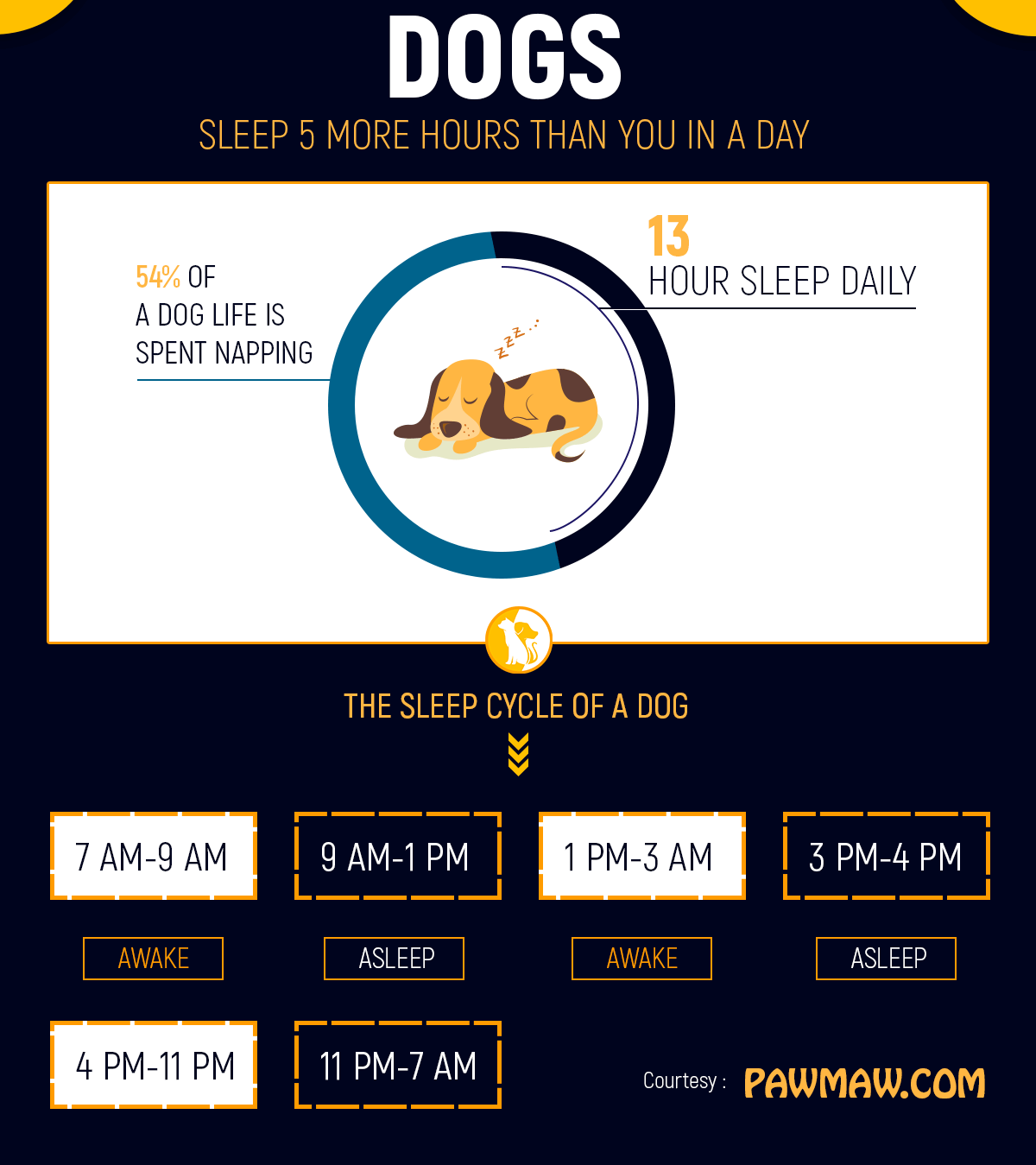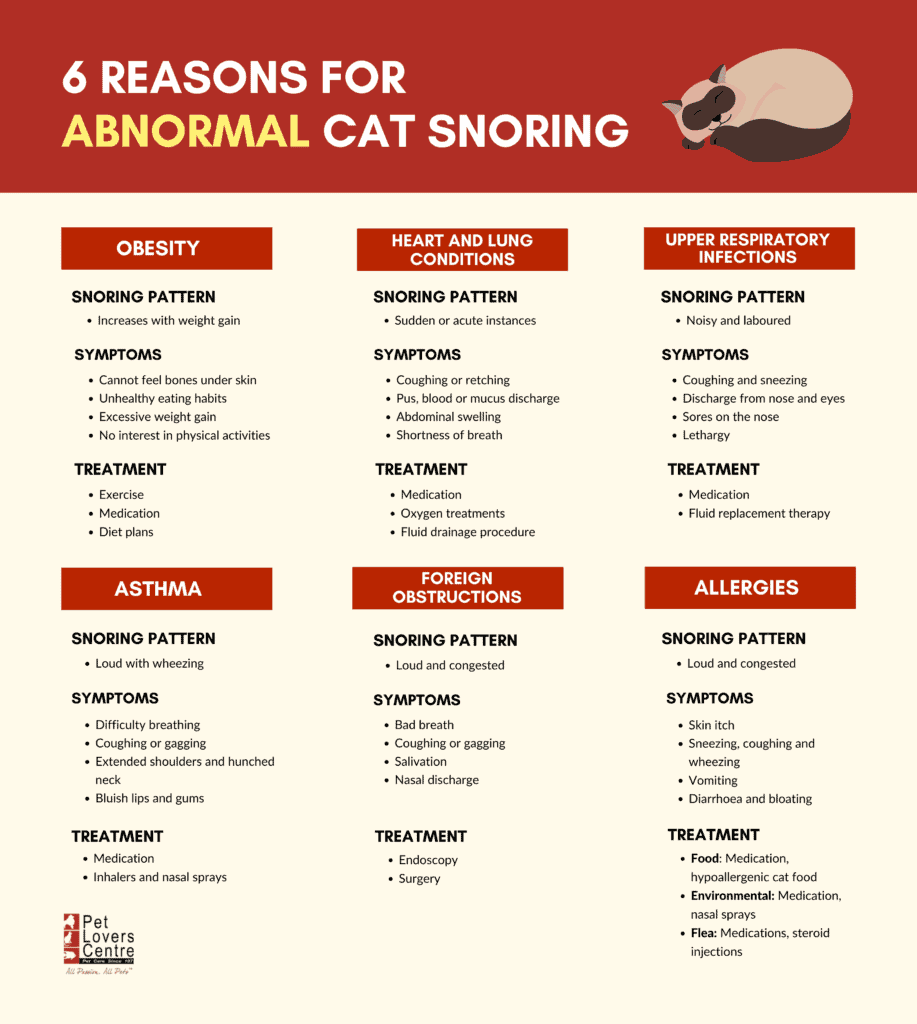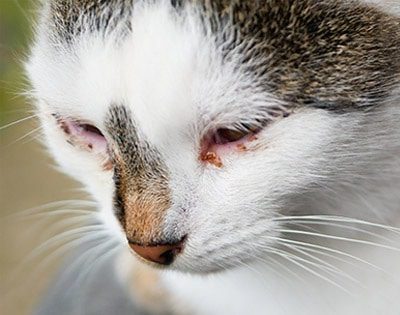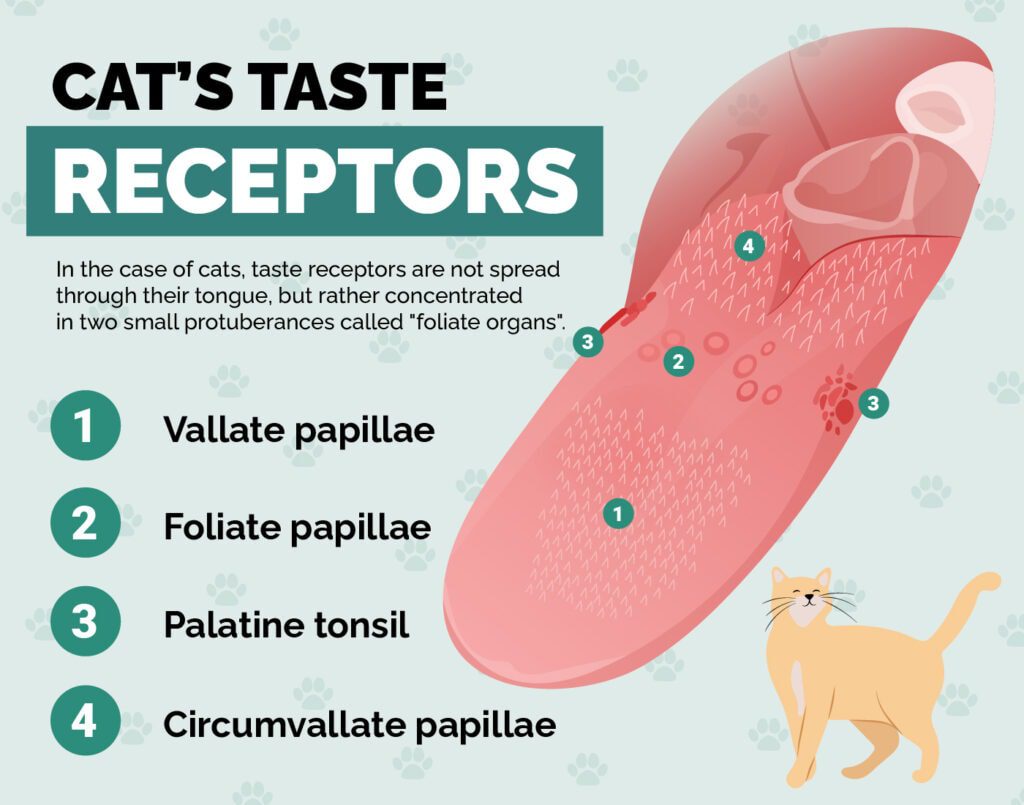Do you ever wonder why your furry feline friend spends most of their day snoozing away? The answer lies in the enchanting world of Dreamland, where cats find solace and rejuvenation. Understanding why cats love their beauty sleep is not only fascinating but also essential for every cat owner.
By delving into this subject, you will uncover the secret to your cat's happiness and well-being. Did you know that on average, cats sleep for 12-16 hours a day? That's twice as much as humans! So, if you've ever pondered about your cat's constant napping habits, join us on this captivating journey into Dreamland. Together, let's unlock the mysteries behind why cats adore their beauty sleep so much.
Key Takeaways:
- Cats sleep for an average of 12-16 hours a day, which is necessary for their overall well-being and health.
- During sleep, cats experience different stages, including light sleep, deep sleep, and REM sleep, similar to humans.
- Sleeping allows cats to conserve energy and recharge their bodies for hunting, playing, and other physical activities.
- Cats have the ability to fall asleep quickly and easily due to their flexible sleep patterns and adaptability.
- The quality of a cat's sleep can be influenced by various factors such as age, environment, comfort, and overall health.
1. "Dreamland: Why Cats Love Their Beauty Sleep" - Exploring the Fascinating World of Cat Sleep
Have you ever wondered why your cat spends so much time sleeping? Well, it turns out that cats are true sleep enthusiasts! On average, cats sleep for about 12 to 16 hours a day. That's almost twice as much as humans! But why do they need so much sleep?
One reason is that cats are natural predators. Even though our fluffy feline friends may seem domesticated, they still have strong instincts from their wild ancestors. Hunting requires bursts of energy, and by sleeping for long periods, cats conserve their energy for when they need it most.
Another fascinating fact about cat sleep is that they experience different stages of slumber, just like humans. They go through light sleep, deep sleep, and even REM (rapid eye movement) sleep where dreams may occur. During REM sleep, you might notice your cat twitching or moving its paws as if chasing something in its dream!
So next time you see your cat curled up in a cozy spot taking a snooze, remember that they are simply indulging in their love for beauty sleep and preparing themselves for their next adventure!
2. How Cats Spend Most of Their Time: Unraveling the Secrets of Feline Activities
Have you ever wondered what your cat does all day while you're at school or work? It turns out that cats have quite a busy schedule filled with various activities! Let's take a peek into the secret lives of our feline friends.
First on the agenda is grooming. Cats are known for being meticulous groomers. They spend a significant amount of time licking themselves to keep their fur clean and neat. Grooming not only helps them maintain hygiene but also serves as a way to relax and bond with themselves.
Another important activity for cats is playtime. Cats are natural hunters, and even though they may not be hunting for their food anymore, they still have that instinct. Playing helps them satisfy their hunting instincts and keeps them mentally and physically stimulated. So don't forget to engage your cat in some fun play sessions!
Lastly, cats also spend a good amount of time exploring their territory. They love to roam around, mark their scent, and investigate every nook and cranny of their environment. This behavior is deeply ingrained in their nature as territorial animals.
Now you know how cats keep themselves occupied during the day. From grooming to playing to exploring, our feline friends lead quite an active lifestyle!
1. "Dreamland: Why Cats Love Their Beauty Sleep" - Exploring the Fascinating World of Cat Sleep
The Mysterious Sleep Patterns of Cats
Cats have always been known for their love of sleep, but have you ever wondered why they spend so much time snoozing? Well, let me tell you, there's more to a cat's sleep than meets the eye. Unlike humans who have a consolidated sleep pattern, cats are polyphasic sleepers, which means they take multiple short naps throughout the day and night. These naps can last anywhere from a few minutes to several hours. This unique sleeping pattern allows them to conserve energy while remaining alert and ready to pounce on any prey that may come their way.
Understanding REM Sleep in Cats
One fascinating aspect of a cat's sleep is their rapid eye movement (REM) phase. During this stage, cats experience intense brain activity similar to humans when they dream. You might notice your furry friend twitching or making small noises during this time. It's believed that cats use this REM sleep to process information and reinforce learning from their waking hours. So next time you see your cat in deep slumber, remember that they are not just resting; they are actively dreaming!
Tips for Providing a Cozy Sleeping Spot
To ensure your feline companion gets the beauty sleep they deserve, it's essential to create an ideal sleeping environment for them. Start by providing a comfortable bed or blanket in a quiet corner of your home where they can retreat undisturbed. Cats love warmth, so consider placing their bed near a sunny window or using a heated pad during colder months. Additionally, make sure their sleeping area is free from any potential hazards or loud noises that could disrupt their restful slumber.
2. How Cats Spend Most of Their Time: Unraveling the Secrets of Feline Activities
The Art of Prowling and Hunting
Have you ever wondered what your cat does when they're not sleeping? Well, let me enlighten you on the secrets of feline activities. Cats are natural-born hunters, and even though domesticated, they still retain their predatory instincts. When they're not napping, you'll often find them prowling around the house, stalking imaginary prey or chasing after toys. This behavior not only keeps them physically active but also mentally stimulated.
Playtime for a Happy Cat
Engaging in playtime with your cat is crucial for their overall well-being. It helps them burn off excess energy and prevents boredom. Try using interactive toys such as feather wands or laser pointers to mimic hunting scenarios. This will tap into their natural instincts and provide them with a satisfying outlet for their energy. Remember to always supervise play sessions and provide plenty of praise and affection to reinforce positive behavior.
The Importance of Resting Periods
While cats may spend a significant portion of their time being active, it's equally important for them to have regular resting periods throughout the day. These rest breaks allow them to recharge their energy levels and maintain a healthy balance between activity and relaxation. As a responsible cat owner, make sure to provide cozy spots where your furry friend can take uninterrupted naps whenever they feel the need.
3. The Need for Sleep: Understanding Why Cats Crave So Much Rest
Cats are notorious for their love of sleep, and there's a good reason behind it. Just like humans, cats need sleep to recharge and rejuvenate their bodies. However, unlike humans who require an average of 7-9 hours of sleep per day, cats need much more. In fact, adult cats can sleep anywhere from 12 to 16 hours a day!
So why do cats crave so much rest? One reason is that they are natural predators. Even though our domesticated feline friends may not have to hunt for their meals anymore, their instincts still drive them to conserve energy for potential hunting opportunities. Additionally, cats have a high metabolic rate which means they burn energy quickly. Sleeping allows them to conserve energy and maintain their overall health.
4. Decoding Cat Naps: Discovering the Unique Characteristics of a Cat's Sleep Cycle
Have you ever noticed your cat dozing off for a few minutes only to suddenly wake up and be full of energy again? This is because cats have a unique sleep cycle that differs from ours. While humans go through distinct phases of deep and REM (rapid eye movement) sleep, cats experience something called "cat naps."
Cat naps are short periods of light sleep that allow cats to quickly regain energy without fully entering deep sleep or REM sleep. During these cat naps, cats remain alert and ready to react to any potential threats or prey in their environment. This ability to power nap helps them stay vigilant while still getting the rest they need.
5. Alert and Focused: How a Cat's Sleep Helps Them Stay Sharp and Attentive
Contrary to popular belief, when cats are asleep, they are not completely unaware of their surroundings. In fact, cats have a remarkable ability to stay alert even while sleeping. This is due to their highly developed senses and the unique structure of their brains.
During sleep, cats remain in a semi-conscious state where they can quickly respond to any changes in their environment. Their ears are always tuned in, ready to catch the slightest sound, and their whiskers can detect even the tiniest movements in the air. This heightened awareness allows them to wake up instantly if there's any sign of danger or an opportunity for play.
6. The Health Benefits of Beauty Sleep: How Restful Slumber Supports a Cat's Well-being
Just like humans, cats reap numerous health benefits from getting enough quality sleep. Adequate restful slumber plays a crucial role in maintaining a cat's overall well-being.
Improved Immune System:
Sleep helps boost a cat's immune system, making them less susceptible to illnesses and infections. During sleep, the body produces cytokines, which are proteins that help regulate the immune response and fight off pathogens.
Mental and Emotional Balance:
Sleep also contributes to a cat's mental and emotional balance. It allows them to process information gathered during waking hours and consolidate memories. Lack of sleep can lead to mood swings, irritability, and decreased cognitive function.
7. Creating an Ideal Sleeping Environment for Cats: Simple Tips for a Peaceful Night's Rest
Providing your cat with an ideal sleeping environment is essential for ensuring they get the rest they need. Here are some simple tips:
1. Comfortable Bedding:
Invest in a cozy bed or blanket specifically designed for cats. Choose materials that are soft and warm to provide maximum comfort.
2. Quiet and Peaceful Space:
Set up a designated sleeping area in a quiet corner of your home where your cat can retreat undisturbed. Avoid placing their bed near noisy appliances or high-traffic areas.
3. Temperature Control:
Cats prefer slightly warmer temperatures, so ensure the sleeping area is not too cold. Consider using a heated bed or providing extra blankets during colder months.
4. Dim Lighting:
Cats are sensitive to bright lights, so create a calming atmosphere by using dim lighting in the sleeping area. This will help them relax and fall asleep more easily.
By following these tips, you can help your feline companion enjoy a peaceful night's rest and wake up refreshed and ready for another day of play and exploration!
In conclusion, cats love their beauty sleep because it helps them stay healthy and happy. Their long naps allow them to recharge their energy and keep their bodies functioning properly.
Why do cats love sleeping?
What is the reason for cats sleeping so much? Cats have adapted to sleeping for extended periods during the day. In the wild, cats need to sleep to conserve energy for hunting, pursuing, and capturing their prey. Even though our domestic cats may not need to hunt, the instinct to sleep and prepare for hunting remains.
Why does my cat only lay on me when I'm asleep?
Getting in sync with your heartbeat is comforting to your pet and the warmth you generate while sleeping is an added bonus. Your cat is demonstrating deep love, trust, and a sense of security.
What do cats see in their dreams?
Studies conducted in the United States have also indicated that cats have the ability to dream about their experiences, whether they occurred on the same day or in the distant or recent past. Similar to dogs, cats may dream about various activities such as snuggling with their owners on the sofa, hunting prey like birds or mice, or even reliving encounters with other cats or dogs.
Where do cats like to sleep?
Your cat might also enjoy small, enclosed spaces, especially when they are sleeping. This desire comes from their instinct to feel safe and protected. Many cats find comfort in sleeping inside cardboard boxes that have all sides closed. This way, they only have one entrance to keep an eye on while they sleep, which makes them feel less vulnerable.
Why do cats watch their owners sleep?
Affection. If your cat gazes at you while you are asleep, it could be a way of showing deep affection and love towards you. If the staring is accompanied by purring, head bumps, gentle blinks, and rubbing against your face, you can be certain that she is expressing her love.
Why do cats want to sleep on you at night?
There are many reasons why cats sleep on their owners, such as feeling safe, marking territory, showing affection, seeking warmth, and forming a habit. No matter why your cat chooses to sleep in your bed, it is likely a sign of trust and you should appreciate the extra company if you enjoy it.



